
Polycab Wires & Cables Distributors & LT, HT Cables
Polycab Wires & Cables Distributors Bangalore - POLYCAB INDIA Limited's leading Manufacturer of Wires and Cables in India. POLYCAB today one of largest manufacture of Wires and Cable in the World also. We ELCAB ENGINEERS PRIVATE LIMITED are the authorized Chanel Partners/Distributor/dealer and stockists for the Wires, both FR and FRLS range, Multicore Flexible Cables, Single core wires and Cables, Panel Wires, Speaker Wires, TV Cables, LT Aluminum Cables, LT Underground Cable, LT Copper Cables, HT Cables Aluminium Cables etc. Also, ELCAB ENGINEERS PRIVATE LIMITED Offers the Best Prices compare to your nearest Polycab Wires & Cables Distributors Bangalore, Karnataka, India. ELCAB ENGINEERS PVT LTD Fair, Best and Uniform Prices to all Customers. Get in touch with us for Original Products at competitive rates and timely delivery for all locations.
Polycab Products
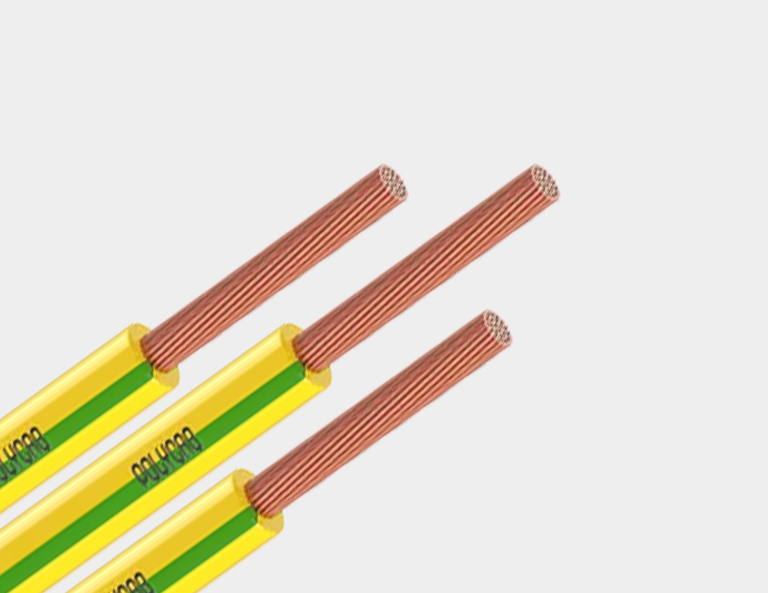
FR Flame Retardant
Single core multi-stranded copper conductor, FR PVC insulated wires with excellent flame retardant properties.
Polycab Wires & Cables Distributors Bangalore offers different Sizes available from 0.50 Sq.mm, to 1000 Sq.mm, Standard length of Packing 90 Mtrs, 300 Mtrs, 200 Mtrs, 500 Mtrs packing. Domestic Wires for electrification standard sizes are 0.50 Sq.mm, 0.75 Sq.mm, 1.00 Sq.mm, 1.50 Sq.mm, 2.50 Sq.mm, 4.00 Sq.mm, and 6.00 Sq.mm. Major Colors , Red, Yellow , Blue , Black ,green and Grey colors are available in stock. We supply at best prices, and prices competitive always. services are available to Bangalore, Mysore, Tumkur, Mangalore, Hubli, Bijapur, Bellari, Belgaum, Mandya, Kolar, Davangere and all other cities of Karnataka.
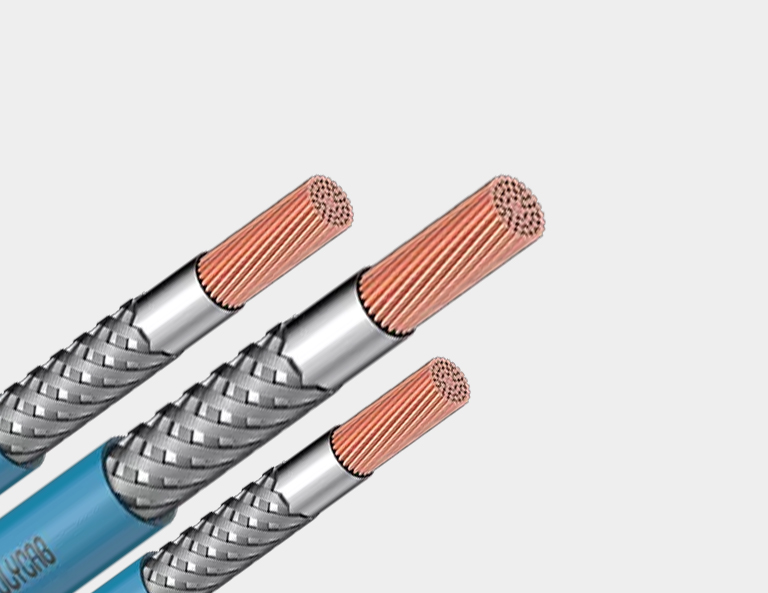
FRLS - Flame Redundant
Single core multi-standard copper conductor, FRLS PVC insulated wire with excellent flame retardant, low smoke, and Low halogen properties.
FRLS, Flame retradent Low smoke Wires. POLYCAB is renowned name FRLS Project wires available in Length of 300 Mtrs in 0.50 Sq.mm, 0.75 Sq.mm, 1.00 Sq.mm, 1.50 Sq.mm, 2.50 Sq.mm, Also available in 90 mtrs length as well. 4.00 Sq.mm, and 6.00 Sq.mm FRLS wires have been used for domestic, commercial buildings, and high rise buildings. All Government projects recommends strongly POLYCAB FRLS Wires and cables. Sevrices are available to Bangalore, Mysore, Tumkur, Mangalore, Hubli, Bijapur, Bellari, Belgaum, Mandya, Kolar, Davangere and all other cities of Karnataka.
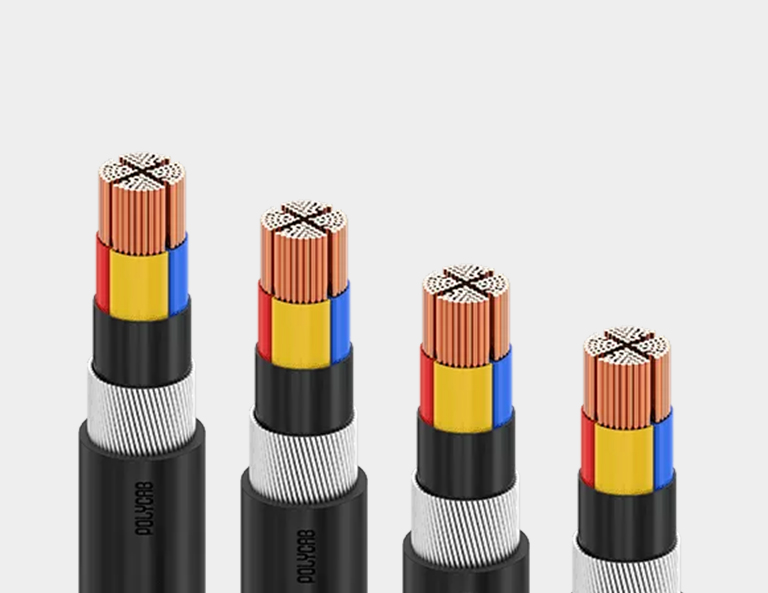
Aluminium Armoured Cable
Polycab Wires & Cables Distributors Bangalore provides Cables with rated voltage 0.6/1.0 kV from 1.5 mm² to 1000 mm² in 1/2/3/3.5/4 Cores confirming to IS 7098 Part 1 1988, BS 5467/BS 6724/IEC 60502-1. All specifications, such as Pressure Extruded inner sheath, round wire armoured, frls outer sheathed for all sizes of aluminum cables available in ready stock.
Top selling sizes like, 4 C X 10.00 Sq.mm, 4 C X 16.00 Sq.mm, 3.5 C x 25.00 Sq.mm, 3.5 C X 35.00 Sq.mm, 3.5 C x 50.00 Sq.mm, 3.5C X 70.00 Sq.mm, 3.5C X95.00 Sq.mm, 3.5 C X 120.00 Sq.mm, 3.5 C x 150.00 Sq.mm, 3.5 C X 185.00 Sq.mm, 3.5 C x 240.00 Sq.mm, 3.5 C X 300.00 Sq.mm, and 3.5 C X 400.00 Sq,mm will support best and fixed prices.services are available to Bangalore, Mysore, Tumkur, Mangalore, Hubli, Bijapur, Bellari, Belgaum, Mandya, Kolar, Davangere and all other cities of Karnataka.
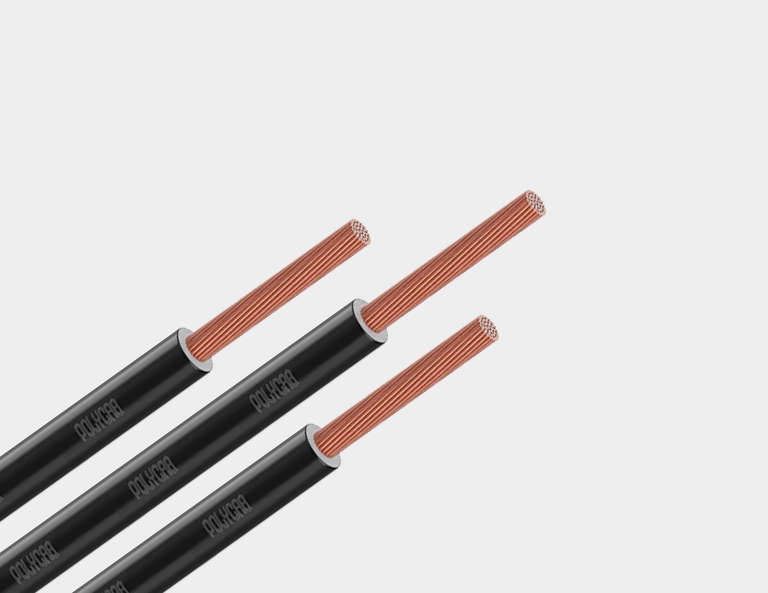
Single Core Flexible Cable
Polycab single core heat resistance flame retardant low smoke PVC insulated industrial cable in 1100v. Voltage grade with flexible conductors.
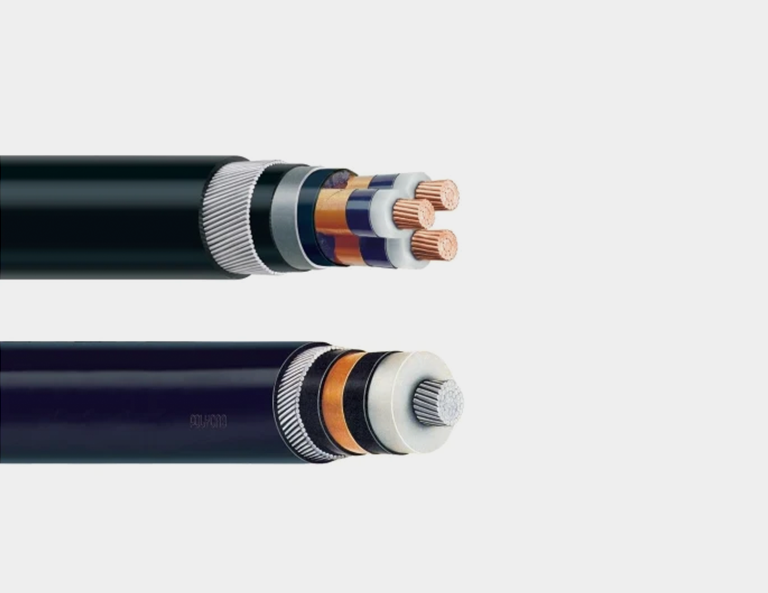
HT Cables
Stranded Compacted Circular Aluminium Conductor, Conductor screen with extruded semi Conducting Compound, XLPE Insulated.
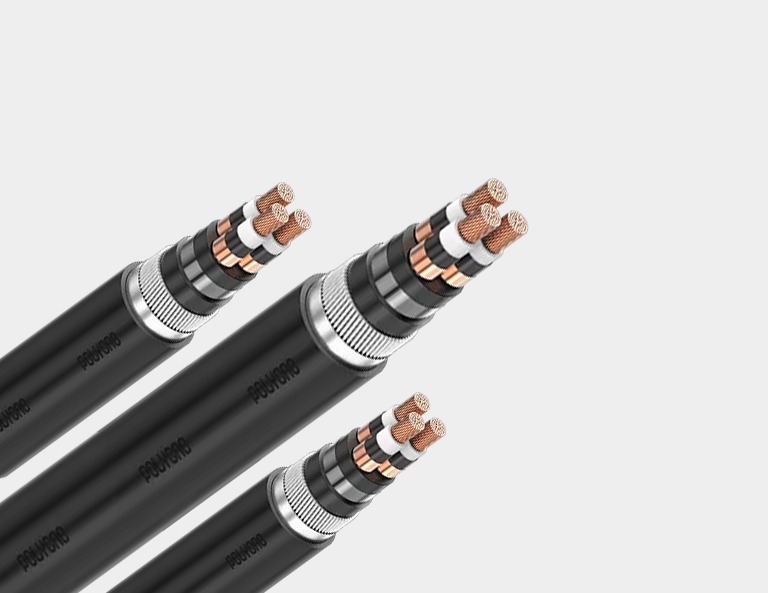
Copper Armoured Cable
Solid Copper conductor upto 6sqmm balance Stranded, XLPE Insulated, cores laid up, PVC tape innersheathed for Multicore Cables.
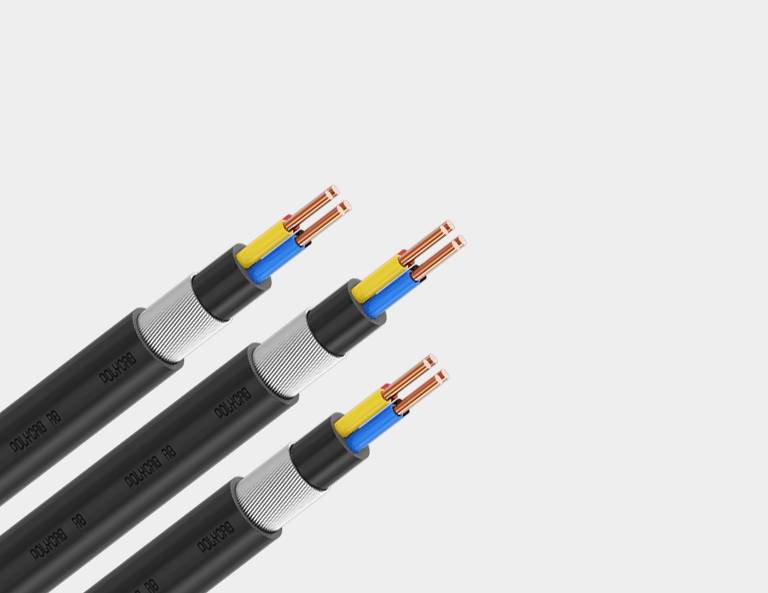
Multicore Flexible Cable
2 core to 61 core x 0.50 sq.mm to 4 sq.mm, 2 core to 4 core from 6 sq.mm to 120 sq.mm in class 5 copper conductors with different insulation and sheathing properties.
Request a Quote
Fill your Requirements. Our Experts will get in touch with you shortly.